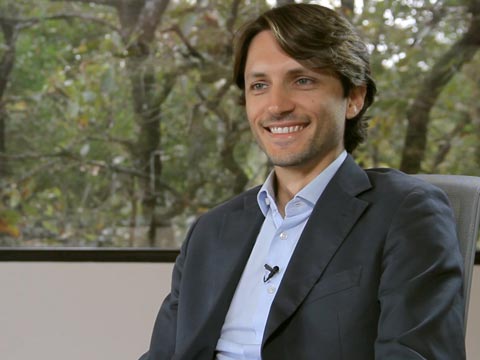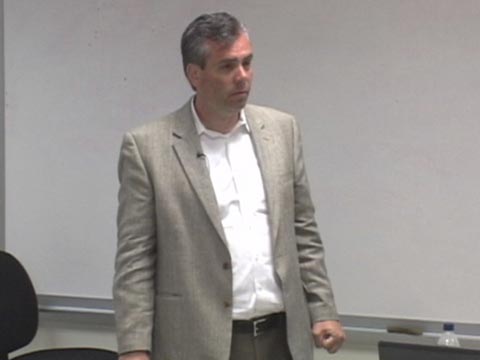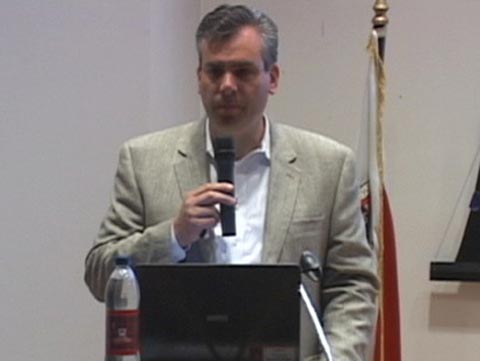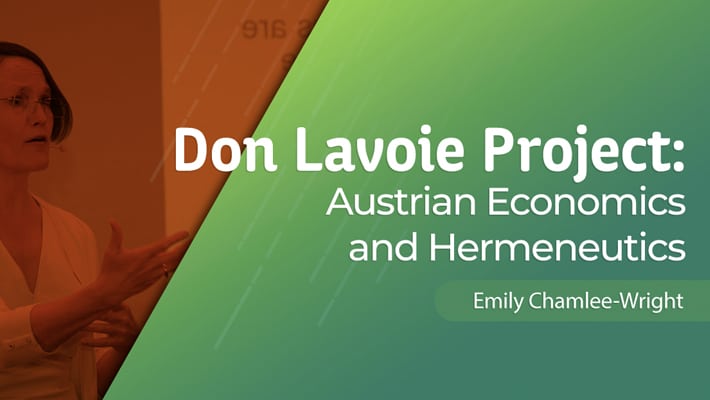About this videoThe United States of America has come a long way since it declared its independence in 1776. On that date, Thomas Jefferson expressed the idea that man has been endowed with certain fundamental rights given by nature or God; rights that pre-exist government. Although this couldn’t be any clearer, people tend to wrongfully believe that their rights came from the government when they really weren’t. Jacob Hornberger uses this argument as a platform to state that the only role of government is the warranty of security and justice; hence, it is the population’s servant. Throughout this lecture, he marks the difference between pre-existing rights and the rights that have been invented in order to gain free education and healthcare – rights that go against nature and freedom. He expresses the need to restrict governmental power, supports the freedom of enterprise which is reflected on the amendments and suggests that it should be added to the Constitution in order for a country to really be free. |
|
CreditsThe Austrian Economics and the Libertarian Ideal: The Nature and Purposes of Government
| |











